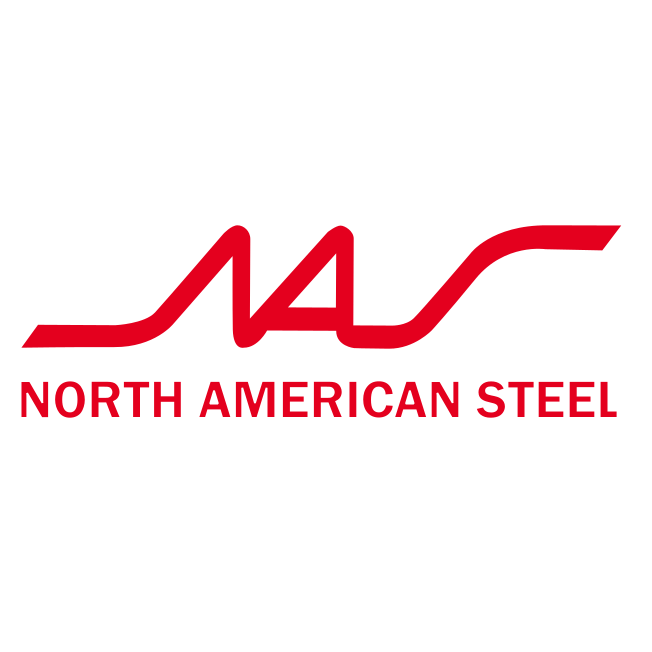- +971 543 497 827
- enquiries@rigrock.ae
In the realm of EPC (Engineering, Procurement, and Construction) contractors working within the oil and gas industry, maraging steel can have several applications, particularly in the construction of critical infrastructure for oil and gas exploration, production, and refining. Here are some ways EPC contractors might use maraging steel:
1. Pressure Vessels: Maraging steel can be employed in the fabrication of high-pressure vessels used for gas storage, processing, and transportation. Its high strength and resistance to corrosion make it suitable for containing volatile substances under extreme conditions.
2. Piping Systems: Within oil and gas facilities, maraging steel may be used for piping systems that transport corrosive fluids or gases. Its resistance to corrosion and high strength make it a viable option for ensuring the integrity and reliability of the piping network.
3. Subsea Equipment: In offshore oil and gas operations, where equipment is subjected to high pressures, corrosive seawater, and harsh environmental conditions, maraging steel can be used for subsea equipment such as wellhead components, risers, and pipelines.
4. Structural Components: Maraging steel may also be utilized in the construction of structural components for offshore platforms, including support structures, decks, and bracing systems. Its high strength-to-weight ratio is beneficial for reducing the overall weight of the platform while maintaining structural integrity.
5. Drilling Equipment: EPC contractors may incorporate maraging steel into the fabrication of drilling equipment, such as drill collars, drill pipes, and downhole tools, to withstand the demanding conditions encountered during oil and gas exploration and roduction activities.
Common grades of maraging steel used in the oil and gas sector include:
Grade 250:
Grade 250:
This is a low-carbon maraging steel with a nominal composition of 18% nickel, 4.8% molybdenum, 0.2% carbon, and small amounts of other elements. It offers high strength, good toughness, and excellent weldability, making it suitable for various oil and gas applications, including pressure vessels, piping systems, and structural components.
ADVANTAGES OF Maraging 250 Steel:
Common Specifications:
AMS 6512
AMS 6520
MIL-S-46850 – Fracture Toughness Applies



![precision-castparts-corp-pcc-logo-vector[1]](https://rigrock.ae/wp-content/uploads/2024/06/precision-castparts-corp-pcc-logo-vector1.png)




Grade 300:
Grade 300:
Grade 300 maraging steel typically has a similar composition to Grade 250 but withslightly higher nickel content and other alloying elements. It exhibits improved strength and toughness properties, making it suitable for more demanding applications in the oil and gas industry, such as subsea equipment, drilling tools, and high-pressure components.
ADVANTAGES OF Maraging 300 Steel:
Common Specifications:
AMS 6514
AMS 6521
MIL-S-46850 – Fracture Toughness Applies

Grade 350:
Grade 350:
This grade of maraging steel contains higher levels of nickel, molybdenum, and other alloying elements compared to Grade 300, resulting in superior strength and toughness characteristics. Grade 350 maraging steel is often used in critical applications within the oil and gas sector, including offshore platforms, downhole equipment, and high-pressure vessels subjected to extreme operating conditions.
ADVANTAGES OF Maraging 350 Steel:
Common Specifications:
AMS 6515
MIL-S-46850 – Fracture Toughness Applies

Grade 400:
Grade 400:
Grade 400 maraging steel represents the highest strength and toughness level within the maraging steel family. It typically contains higher levels of nickel, molybdenum, and carbon compared to lower-grade alloys. Grade 400 maraging steel is well-suited for the most demanding applications in the oil and gas industry, including deepwater drilling, ultra-high- pressure equipment, and components exposed to aggressive corrosive environments.
These grades represent some of the commonly used maraging steel alloys in the oil and gas sector, each offering a balance of strength, toughness, and corrosion resistance to meet the specific requirements of different applications within the industry.

